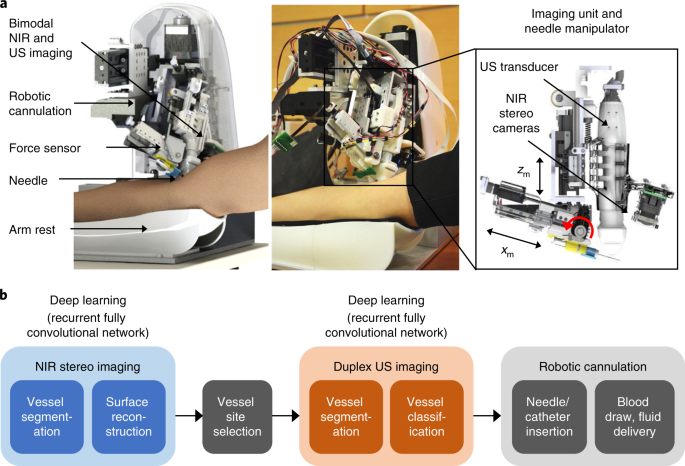Soooo, reviving this thread
My area's newest and finest CRNA Pain specialist. Is there anything I can do about this or should I just bend over and take it. From procedure notes she uses another CRNA to do anesthesia... propofol for MBB. she actually works for a neurosurgeon that I used to really respect.
Jamie gained her Bachelor's of Science in Nursing from Northeastern State University and followed with a Master's of Science in Nursing from Newman University. She became a dedicated Certified Registered Nurse Anesthetist (CRNA) providing anesthesia in a variety of hospitals across the region. Jamie also completed the fellowship program in pain management from Texas Christian University. She is certified in advance cardiovascular life support as well as pediatric advanced life support and currently collaborates with doctors in multiple locations to perform the necessary pain management procedures for their patient population.
Jamie joined in 2019 and has devoted herself to ensuring that all of her patients receive excellent care. Her rapport with patients and excellent clinical skills, combined with the effective treatment options she provides have proven to be a great benefit to patients who are suffering from debilitating pain.
Jamie offers exceptional care for the following services:
- Thoracic and Lumbar Epidural Steroid Injections
- Lumbar Facet Injections
- Peripheral Nerve Blockade
- Joint Injections
- Sacroiliac Steroid Injection
- Radiofrequency Ablations
- Intercostal Injections
- Lumbar Medial Branch Block
- Sympathetic Blocks including; Stellate Ganglion, Lumbar Sympathetic, Celiac
- Hypogastric Plexus Blocks
- Trigger Point Injections
- Occipital Nerve Blocks
Selective Nerve Root Blocks
- Piriformis Injections
- Discography
- Glenohumeral Joint Injection
- Subdeltoid/Subacromial Bursa Injection
- Intra-Articular Knee Injection
- Suprapatellar Bursa Injection
- Genicular Knee Nerve Injection
- Intra-Articular Hip Injection
- Greater Trochanteric Bursa Injection
- Intra-Articular Elbow Injection
- Intra-Articular Ankle Injection
- Median Nerve Block
- Ilioinguinal/Iliohypogastric Nerve Block
- Transforaminal Epidural Steroid Injection

 mainlinespine.com
mainlinespine.com

